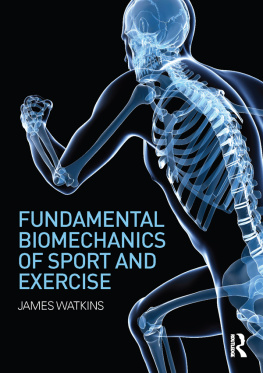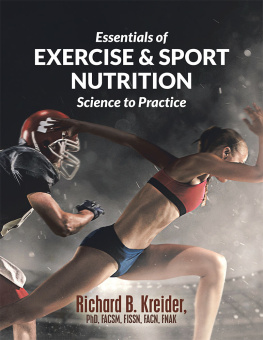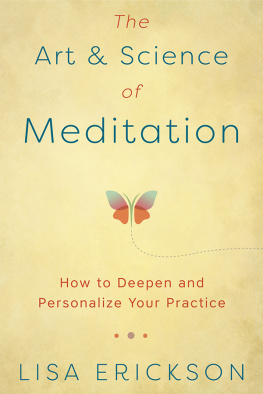This dictionary provides a basic vocabulary of terms used in sport and exercise science. With a wide coverage of terms from anatomy, medicine, psychology, physiology and sports nutrition, it is an ideal reference for students of sports and exercise sciences, as well as those with a general interest in health and fitness.
Each headword is explained in clear, straightforward English. There are also supplements including anatomical figures, measurement conversions and a list of key industry contacts for athletes and sports scientists.
Thanks are due to Morc Coulson, Programme Leader at University Sport Sunderland, for his help and advice during the production of the text.
Anoun a human blood type of the ABO system, containing the A antigen. Someone with this type of blood can donate to people of the same group or of the AB group, and can receive blood from people with this type or with type O.
ABnoun a human blood type of the ABO system, containing the A and B antigens. Someone with this type of blood can donate to people of the same group and receive blood from people with this type or with type O, A or B.
A-bandnoun a visible dark band in striated muscle
ABCabbreviation airway, breathing, circulation
abdomennoun a space inside the body that contains the stomach, intestines, liver and other vital organs
abdominal crunchnoun same as crunch
abdominal fatnoun fat that is deposited mainly on the abdominal area, thought to indicate a higher risk of heart disease
abdominal musclespluralnoun same as abdominals
abdominal rigiditynoun extreme tightness of the abdominal muscles caused by injury or insufficient warm-up
abdominal rollernoun a piece of gym equipment that works the abdominal muscles
abdominalspluralnoun the muscles found in the abdomen, particularly the internal and external obliques
abdominal trainingnoun a workout that concentrates on the abdominal muscles, especially with the aim of developing a six-pack
abducens nervenoun the sixth cranial nerve, which controls the muscle which makes the eyeball turn outwards. Also called abducent nerve
abducentadjective used for describing a muscle that brings parts of the body away from each other or moves them away from the central line of the body or a limb. Compare adducent
abducent nervenoun same as abducens nerve
abductverb to pull a leg or arm in a direction that is away from the centre line of the body, or to pull a toe or finger away from the central line of a leg or arm. Compare adduct
abductionnoun movement of a limb away from the body
abductornoun a muscle that pulls the body or a limb away from a midpoint or midline
abilitynoun a natural tendency to do something successfully or well a high degree of intelligence or competence a particular gift for doing something well
ability-to-skill transfernoun the fact that an ability someone develops in learning one new skill can be extended to learn other skills
ablationnoun the removal of diseased or unwanted tissue from the body by surgical or other means
ableadjective physically or mentally equipped to do something having the necessary resources or talent to do something
able-bodiedadjective healthy and physically strong
ableismnoun discrimination in favour of those who are not physically or mentally disabled
Ablokov testnoun a test of an athlete's ability to jump from a squat position
ABO systemnoun a system of classifying blood types.  blood type
blood type
abrasion











 blood type
blood type